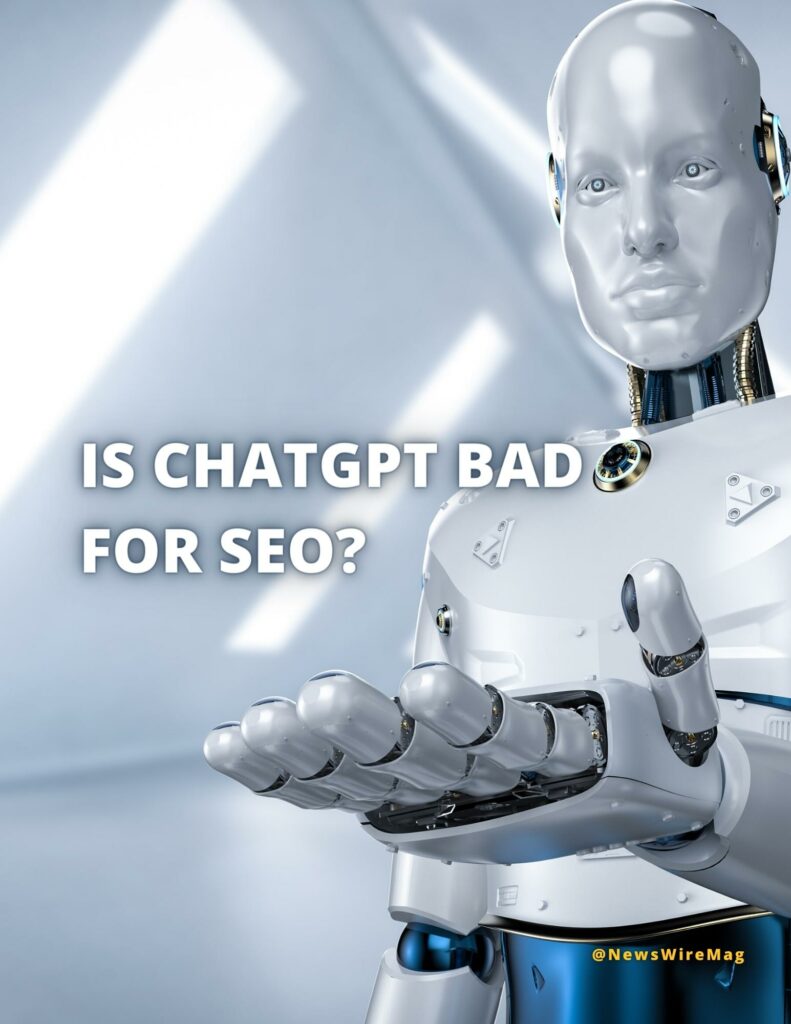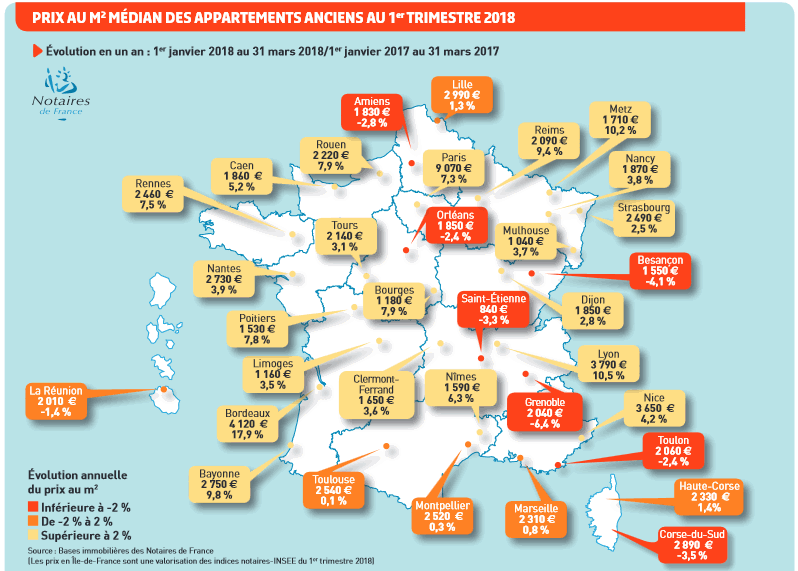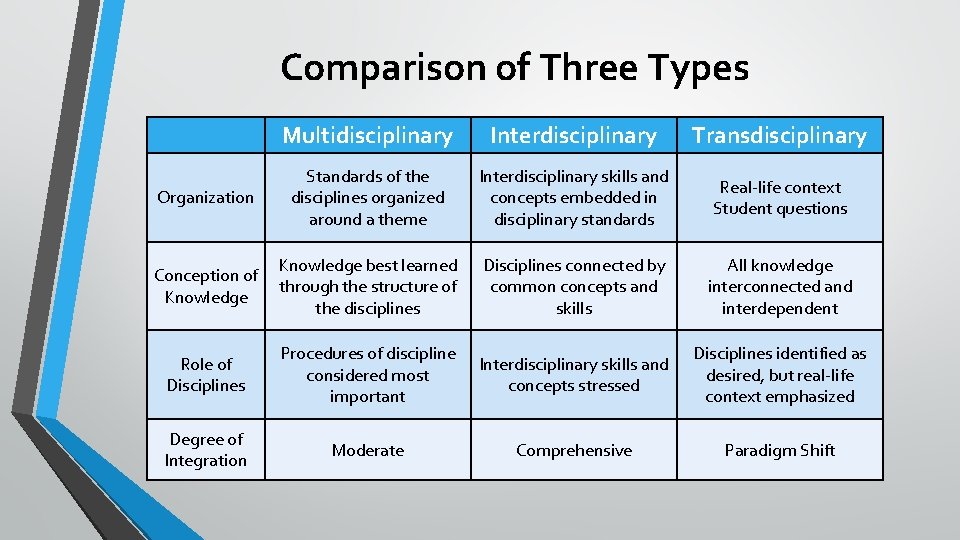ChatGPT: Debunking 5 Popular Rumors

Table of Contents
Rumor #1: ChatGPT Can Replace Human Writers Entirely
The Reality: ChatGPT as a Tool, Not a Replacement
While ChatGPT excels at generating various text formats, it's crucial to understand its limitations. It lacks the originality, nuanced understanding, and critical thinking skills of a human writer. ChatGPT's outputs might sometimes contain factual inaccuracies, a phenomenon known as "hallucinations," highlighting the need for human oversight. The creative spark, emotional intelligence, and ability to interpret complex contexts remain uniquely human attributes.
- ChatGPT excels at generating text formats like poems, code, scripts, musical pieces, email, letters, etc., but lacks human intuition and emotional intelligence.
- Human writers are essential for editing, fact-checking, ensuring accuracy, and injecting unique perspectives and original thought. They bring the crucial element of human experience and judgment.
- ChatGPT is most effectively used as a powerful writing assistant, streamlining processes like brainstorming and generating initial drafts, but it shouldn't replace the core role of a human writer.
Rumor #2: ChatGPT Will Steal Your Job
The Reality: ChatGPT as a Job Enhancer, Not a Job Terminator
Instead of replacing jobs, ChatGPT is more likely to augment them. Across numerous fields, professionals can leverage ChatGPT to enhance efficiency and productivity. This translates to more time for complex tasks, potentially leading to career advancement. Furthermore, the rapid development of AI technologies like ChatGPT is also creating new job opportunities in areas such as AI development, maintenance, and ethical oversight.
- ChatGPT can automate repetitive tasks like drafting emails, generating reports, or summarizing documents, freeing up valuable time for higher-level work.
- Improved efficiency, driven by AI tools, leads to increased productivity and opens doors to new career growth opportunities.
- New jobs related to AI development, data analysis, AI training, and AI ethics are already emerging, creating a demand for skilled professionals.
Rumor #3: ChatGPT Always Provides Accurate Information
The Reality: The Importance of Fact-Checking ChatGPT's Output
ChatGPT's knowledge base is vast, but it's not infallible. It can sometimes generate inaccurate information, or "hallucinations," due to limitations in its training data and understanding of complex contexts. Therefore, critically evaluating and verifying the information provided by ChatGPT is paramount. Never rely solely on its output; always cross-reference with trusted sources.
- Always cross-reference information from multiple reputable sources to verify the accuracy of ChatGPT's responses.
- Be mindful of potential biases present in the massive datasets used to train ChatGPT. These biases can influence the information it generates.
- Treat ChatGPT's output as a starting point for further research and investigation, not the definitive answer. Consider it a helpful tool for initial research, not a final source of truth.
Rumor #4: Using ChatGPT is Cheating
The Reality: Ethical Use of AI Writing Tools
The ethical use of AI writing tools like ChatGPT depends heavily on context and intent. Using ChatGPT to brainstorm ideas, overcome writer's block, or generate initial drafts is generally acceptable, provided you appropriately attribute its contribution and don't present the output as your original work. Submitting ChatGPT-generated text as your own constitutes plagiarism and violates academic or professional integrity.
- Using ChatGPT for generating ideas and overcoming writer's block is acceptable, as long as the final product reflects your original thought and analysis.
- Submitting ChatGPT-generated text as your own work is plagiarism and can have serious consequences.
- Understanding the specific rules and guidelines established by your educational institution or workplace is essential for ethical AI tool usage. Always adhere to any specific policies regarding AI assistance.
Rumor #5: ChatGPT is Unstoppable and Will Take Over the World
The Reality: ChatGPT's Limitations and Human Control
The narrative of AI taking over the world is largely a misconception. ChatGPT, like all AI models, is a tool created and controlled by humans. While its capabilities are impressive, they are limited by its programming, training data, and inherent design. Researchers are actively working to improve AI safety and address ethical considerations to ensure responsible development and deployment of AI technologies like ChatGPT.
- ChatGPT's capabilities are defined by its programming and the data it was trained on; it doesn't possess independent consciousness or agency.
- Researchers and developers are actively working on mitigating potential risks associated with AI, including bias mitigation and safety protocols.
- Ultimately, humans retain control over the development, deployment, and usage of AI technologies like ChatGPT.
Conclusion: Separating Fact from Fiction About ChatGPT
We've debunked five common myths surrounding ChatGPT, highlighting its capabilities as a powerful tool while emphasizing its limitations. Understanding these nuances is crucial for responsible and effective use. ChatGPT technology offers numerous benefits, but critical evaluation of its outputs is essential. Don't let misinformation cloud your understanding of ChatGPT; explore its potential responsibly and always critically evaluate its outputs. Learn to use AI chatbots like ChatGPT effectively and ethically.

Featured Posts
-
 Immobilier Poitiers 46 Appartements De Charme Dans Anciens Batiments Judiciaires
May 19, 2025
Immobilier Poitiers 46 Appartements De Charme Dans Anciens Batiments Judiciaires
May 19, 2025 -
 Jennifer Lawrences Baby Bump Nyc Outing
May 19, 2025
Jennifer Lawrences Baby Bump Nyc Outing
May 19, 2025 -
 Interdisciplinary And Transdisciplinary Approaches A Critical Analysis
May 19, 2025
Interdisciplinary And Transdisciplinary Approaches A Critical Analysis
May 19, 2025 -
 5 Stunning Revelations In The Jyoti Malhotra Pakistani Spy Case
May 19, 2025
5 Stunning Revelations In The Jyoti Malhotra Pakistani Spy Case
May 19, 2025 -
 Erling Haaland Fastest To 100 Goal Involvements In Premier League History
May 19, 2025
Erling Haaland Fastest To 100 Goal Involvements In Premier League History
May 19, 2025
